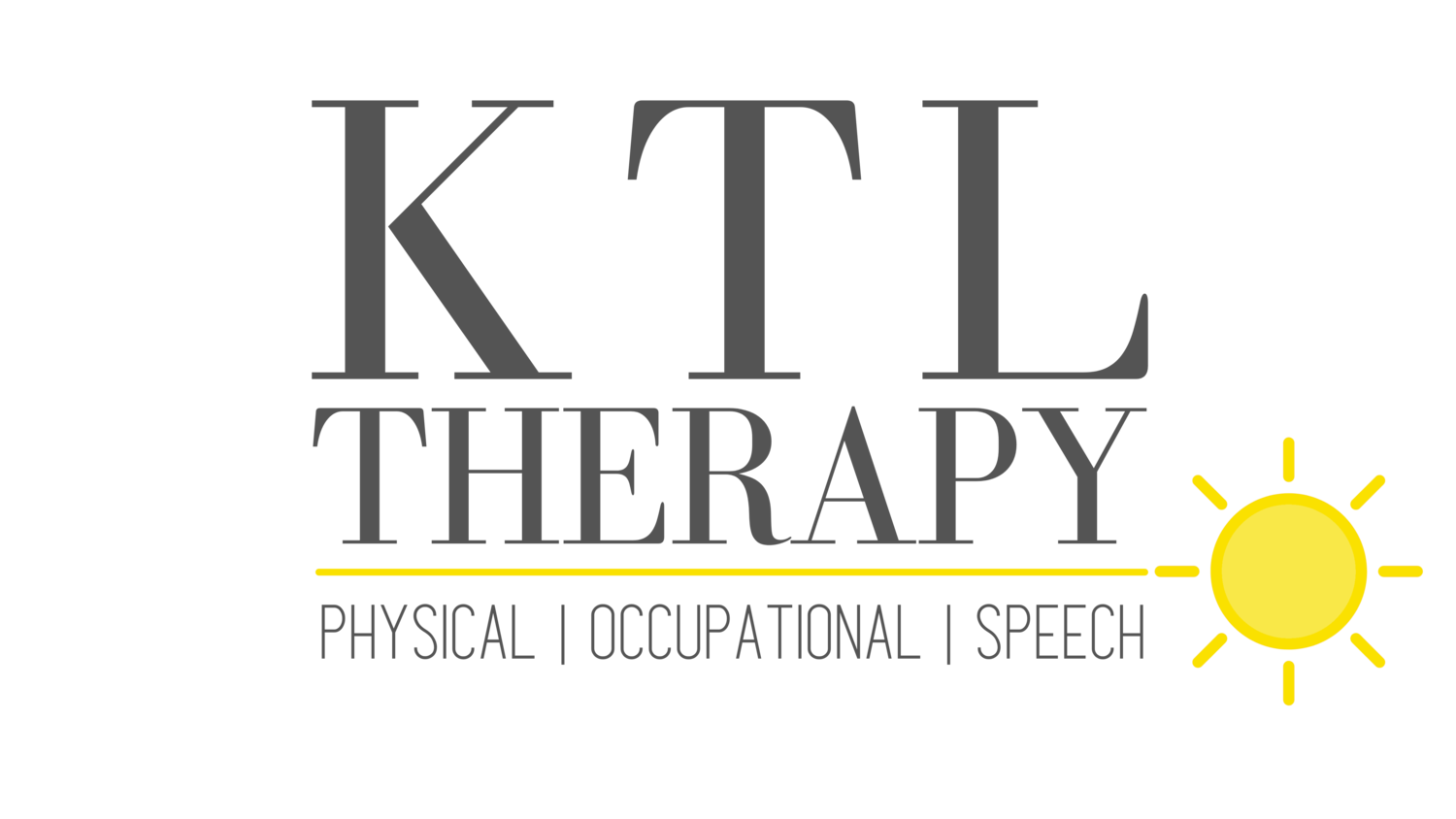Why is Executive Functioning Important?
by Anna DeHondt
OTR/L, KTL Lead OT
Executive functions are the foundational building blocks that allow children to be successful in multiple areas of their lives. These skills are important throughout their lifespan. Strengthening these abilities supports children as they grow and develop. Occupational and speech therapists can work together to assist children in developing this strong foundation. This therapeutic co-treatment helps to identify underlying developmental factors that may be causing delays in various facets of a child’s executive functioning.
Learn More About the Types of Executive Functioning
Attention
Sustaining attention allows children to maintain focus as they sequence tasks and complete activities.
Shifting attention allows children to move their focus from one aspect of a task to another without losing concentration. This skill is important in all environments, especially in the classroom as children must shift attention from their peers to their teacher and from subject to subject.
Example: Your child can keep their attention on their math assignment to the completion of the problem without being distracted by their environment, thoughts, or peers.
Inhibition/ Self-regulation
Inhibition allows children to modulate their behaviors and reactions to fit the context of their environment and activity. These self-regulation skills are essential in all areas of life including play, academics, socialization, and self-care. Occupational therapy can support children and families as they identify unique sensory differences and approaches to improve inhibition and self-regulation.
Example: Your child feels regulated so that they can wait their turn for the slide without jumping in front of a peer. He or she can raise their hand to answer a question rather than yelling out the answer before being called on in class.
Emotional Regulation
Emotional regulation allows children to modulate their emotional response to a situation. These skills are essential in the classroom as children learn to share, compromise, and interact with their peers.
Example: Your child works through a challenging writing task by asking for a break or assistance when they feel frustrated. The child can identify the emotions they are experiencing and find ways to cope with these emotions and find solutions.
Initiation
Initiation skills allow children to begin tasks and generate ideas. Deficits in initiation can include prolonged procrastination or your child appearing uncertain about where to even begin with a task.
Example: When your child is presented with different toys, she or he can initiate play and engage with toys in a way that is meaningful to them. He or she can start an assignment in the class with minimal prompting because they can identify where to begin their work.
Planning / Time Management
Planning skills allow children to function both in the present and future as they set goals and determine the steps necessary to complete required tasks. Planning is important because it helps children effectively sequence tasks to ensure they are capable of generating beneficial results.
Time management skills are closely connected to planning skills. Strong time management allows children to estimate the time a task will take so that they can apportion the time needed to complete each step.
Example: Your child can judge that their math homework will take about 30 minutes and therefore will manage their time in the evening to complete the task without feeling rushed.
Organization
Organization skills allow children to keep track of their personal belongings and the materials necessary to be successful with a task. Challenges in organizing can result in materials being broken, lost, or forgotten. Without easy and assured access to materials, a child may become overwhelmed and unable to successfully complete a project.
Example: Your child can manage the items in their backpack without losing assignments by correctly logging them in their notebook and putting their papers in the correct folders. He or she can locate a field trip permission slip, bring the permission slip home, and present the permission slip to their teacher when requested.
Working Memory
Working memory allows children to recall the steps necessary throughout the entire process. This type of memory is used in the present moment and allows children to remain on task.
Example: Your child is reading a short story in class and they can recall the current context and plot so that the story makes sense as they are reading. When making a simple snack for themselves, she or he can recall the ingredients and utensils necessary to make the snack as they are actively preparing it.




